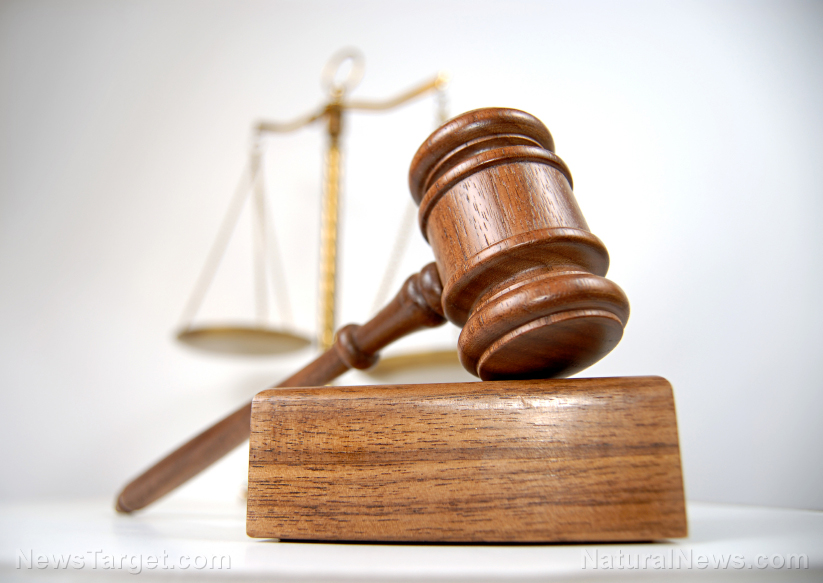
- Arkansas lawmakers propose legislation to hold pharmaceutical executives criminally liable for vaccine injuries if they concealed risks.
- The bill aims to bypass federal liability shields, targeting executives for felony charges and prison sentences.
- Advocates argue the legislation is a crucial step toward accountability for the millions injured or killed by COVID-19 vaccines.
- Critics warn of legal challenges and the need for broader financial penalties for vaccine harm.
A long overdue reckoning for Pharma's deadly deceit
For too long, the pharmaceutical industry has operated under a veil of immunity, shielded from accountability for the devastating harm caused by their products. The COVID-19 vaccines, rushed to market with minimal safety testing, have left a trail of devastation in their wake—millions injured, countless lives lost, and a public health system that turned a blind eye to the carnage. Now, Arkansas lawmakers are taking a bold step toward justice, introducing legislation that could hold pharmaceutical executives criminally liable for knowingly concealing risks associated with vaccines.
Senate Bill 6, introduced by Republican State Sen. Bryan King, would make it a felony for executives to "knowingly hide, conceal, omit, or otherwise withhold evidence, documentation, or information that the vaccine has dangerous effects." If convicted, these executives could face prison sentences ranging from one year to life. The bill is a direct challenge to the federal liability shields that have protected vaccine manufacturers for decades, allowing them to operate with impunity while ordinary citizens bear the brunt of their negligence.
This legislation is not just about Arkansas—it’s a national call to action. The COVID-19 vaccines were marketed as a savior, yet they failed to deliver on their promises. Instead, they unleashed a wave of injuries and deaths that public health authorities have consistently downplayed or ignored. From heart inflammation to neurological disorders, the list of vaccine-related harms is long and growing. Yet, those responsible have faced no consequences, protected by a legal framework that prioritizes corporate profits over human lives.
A glimmer of hope for the injured and the sacrificed
For the millions of Americans who have suffered vaccine injuries or lost loved ones, this legislation represents a glimmer of hope. It’s a recognition that the current system has failed them—that the federal government’s blanket immunity for vaccine manufacturers has allowed a culture of secrecy and deceit to flourish. The proposed bill is not perfect; critics argue it is vague in its definitions and lacks provisions for financial penalties. However, it is a crucial first step toward accountability, one that could pave the way for broader reforms.
The discovery process in such cases would be nothing short of explosive. Imagine the revelations that could emerge if these cases make it to court—evidence of what pharmaceutical executives and government regulators knew about the risks of these vaccines, and when they knew it. The public deserves answers, and the victims deserve justice. This legislation is a step toward ensuring that those answers are uncovered and that justice is served.
Yet, the road ahead is fraught with challenges. Federal laws like the PREP Act and the National Childhood Vaccine Injury Act provide robust protections for vaccine manufacturers, and it remains to be seen whether Arkansas’s legislation can withstand legal scrutiny. But if successful, this bill could inspire other states to follow suit, creating a groundswell of momentum for nationwide accountability.
Arkansas’s proposed legislation is a bold and necessary step toward justice, but it is only the beginning. The public deserves transparency, the victims deserve justice, and the pharmaceutical industry deserves to face the consequences of their actions.
Sources include:
ARKLeg.state.ar.us [PDF]
Please contact us for more information.




















